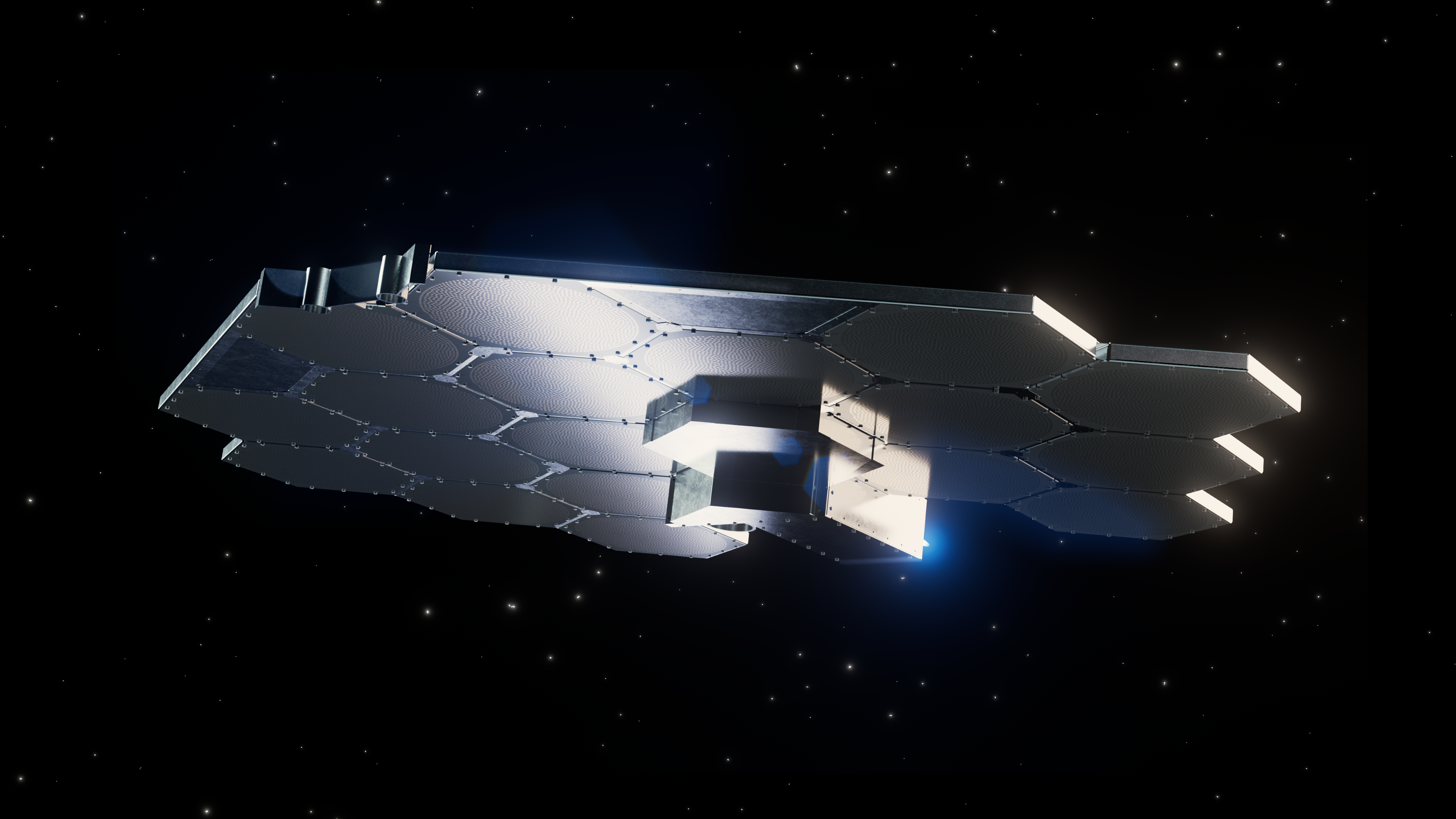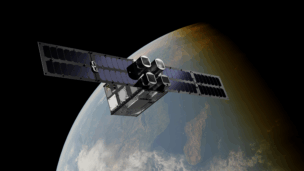SpinLaunch closed $18M in new funding to develop a LEO satellite broadband constellation, called Meridian Space, bringing the company’s total Series C round to $30M.
While SpinLaunch is best known for its kinetic launch technology, which aims to use centrifugal acceleration to send satellites to orbit, the plan is to deploy the constellation from traditional rockets—at least in the short term.
Longtime investor ATW Partners led the Series C, which includes a $12M investment from Kongsberg Defence & Aerospace. The company has raised $203M to date, according to SpinLaunch.
Pivotal distinction: The push to develop a global satcom constellation does not signal a fundamental pivot in the long-term vision of the company, according to CEO Massimiliano Ladovaz.
“The priority currently is on the constellation, but the team is still working on the launcher,” Ladovaz told Payload. “It’s all about designing satellites that are compatible with the launcher and build[ing] them. That’s the reason why the team found, and worked on, this completely different technology.”
In an effort to take advantage of SpinLaunch’s unique launch system, which is designed to launch smaller payloads in rapid succession, the company started working on a smaller comms satellite in 2020. The result is a spacecraft that aims to be small and robust enough to withstand the high G-forces of SpinLaunch’s launch system once it’s fully operational.
- It uses a reflectarray antenna technology—first demonstrated in space by NASA’s JPL in 2018—but with an upgraded design to offer similar performance of traditional satcom antennas using a fraction of the power.
- Meridian sats will weigh just 70kg, meaning a constellation of 250 sats capable of offering global coverage can be launched on a single rocket.
SpinLaunch plans to deploy these satellites in fixed-track orbits, simplifying the ground station architecture, and allowing for connections to cheaper user terminals that don’t have to search for a signal.
The benefits of the Meridian constellation are unlike anything Ladovaz—who joined SpinLaunch in June after decades working at SES, Inmarsat, and Eutelsat/OneWeb—had ever seen.
“LEO is very, very hard; very, very expensive…[but] I quickly realized that this was a game changer.” Ladovaz said. “It’s not anymore a multi-billion-dollar system.”
Spinning up: SpinLaunch plans to continue testing its reflectarray antenna during the coming months. It has contracted Kongsberg NanoAvionics to build over 280 sats. SpinLaunch also has an agreement with an undisclosed launcher to fly its first antenna to demonstrate a customer link by the end of 2026.
From there, the company aims to deploy its first constellation of 30 sats in an equatorial orbit in late 2027, and then another 250 sats to offer global coverage by 2030. While the first equatorial constellation will offer 300 gigabits per second of connectivity, SpinLaunch expects the full global constellation to reach two terabits per second—or about twice the capacity of the OneWeb first-gen constellation, Ladovaz said.



